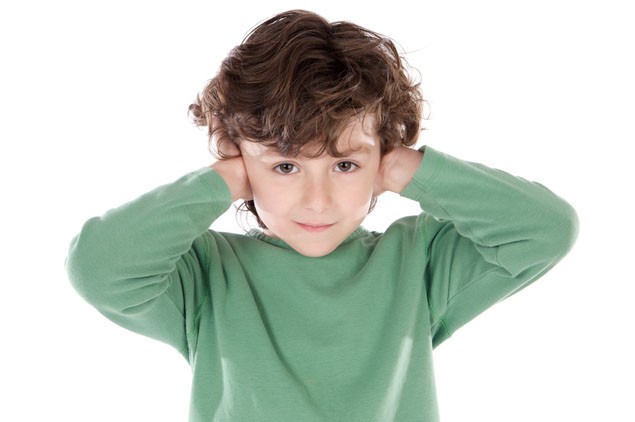This summer I had an article published in Parenting: School Years about childhood depression. It was a long, arduous journey to publication, involving several years of serious consideration by no less than four other major magazines, one of which eventually nixed the topic because it was, ironically, “too depressing.” I know from experience that being the parent of a depressed child is no easy task, but I found out just how difficult it can be while interviewing other parents for my story.
According to the statistics I found, roughly 1 in every 20 children and adolescents is depressed. Despite the prevalence, the stigma attached to depression is still great enough that every parent I spoke with expressed feelings of isolation and loneliness in dealing with their depressed children. All but one insisted on using pseudonyms for the story for fear of negative repercussions.
One mom described to me how crazy her life has become due to her teenage daughter’s severe depression. “Where do you find a ‘baby-sitter’ for a suicidal 14-year-old?” she asks. She described having to lock up over-the-counter medications, vitamins and pet care products so her daughter wouldn’t be able to overdose; once calling her husband at work to ask him where he hid the sharp knives so she could get a paring knife to make dinner; and worst of all, having to give her daughter a single razor and putting a time limit on how long she could use it to shave her legs. “How much does that enhance the already-touchy, ‘I’m-not-a-baby’ teen-parent relationship?” she says.
Another mom of a depressed teenage girl stressed how isolating it can be to have a child dealing with mental illness. “It’s hard to know who to share details with. If she’d had an emergency appendectomy, the house would have been flooded with helpers and meals, etc., but with mental illness, it’s a lonely road.” Her daughter’s depression has affected her three other children significantly as well. “They are always second,” she says, “because if she is threatening to kill herself, they just have to go off to some other room to watch TV. That makes me feel like a lousy mom, believe me. The other kids are full of anger.”
The tension and stress of having a depressed child can have a deep impact on marriages too. “It really stressed our 30+ year marriage when my husband’s way of dealing with each crisis was that of an ostrich with his head in the sand; mainly not dealing and escaping to extended hours at work,” said another mom. “The jury is still out on whether or not our marriage will survive. Unfortunately, his behavior has shown me I don’t really need him.”
Then there’s the financial burdens that often come with mental illness, often despite having “good” insurance. “Twenty counseling visits a year is not enough to support a child in crisis and even at $100/hr. for the rest out-of-pocket, we’re not ‘poor’ enough to qualify for sliding scale fees and not affluent enough to pay for what we’re being told is needed to fully do the job either,” says the mother who gives her daughter a razor for an allotted time period.
It’s not surprising, then, that communities of parents with depressed kids have sprung up on the web as parents search for others like them who can support, encourage and advise them when mental illness takes its toll on the family. There are Yahoo Groups like Parents of Depressed Teens, Bipolar ParentsY (for parents of preschool and school-aged children) and Bipolar Parents T (for parents of pre-teen and teenage children), as well as communities on sites such as WebMD.com, Psych Central and DMOZ.org.
If you’re the parent of a depressed child or teenager, please be assured, you are not alone. There are many parents just like you, very likely in your own neighborhood. If you’re not afraid to educate others and speak out about depression, consider joining or starting a support group in your community or online. Almost all the parents I interviewed expressed a desire for more support. Because let’s face it…being the parent of a depressed child or teen can be a lonely road.
Is your child or teen depressed? What do you do to cope with the stress, fear and isolation that can result?
by Sarah E. Ludwig



There are some attention-grabbing deadlines in this article however I don’t know if I see all of them center to heart. There is some validity but I will take maintain opinion until I look into it further. Good article , thanks and we want more! Added to FeedBurner as effectively